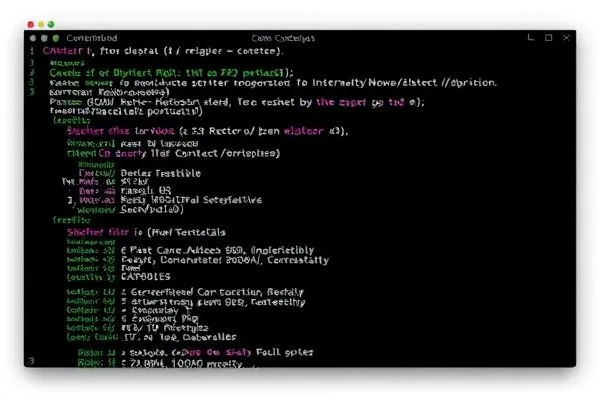Cybersecurity measures are foundational to maintaining the integrity and functionality of web applications. Recently, Mozilla announced an impending issue that underscores the importance of timely software updates for Firefox users. The expiration of a crucial root certificate on March 14, 2025, poses risks that could disrupt add-on functionality, security features, and digital rights management (DRM) capabilities.
Takeaways:
- Root Certificate Importance: Understand the role of root certificates in maintaining the authenticity of web content.
- Update Compliance: Regular updates are essential to prevent feature disruptions and security vulnerabilities.
- User Awareness: Stay informed about software updates to mitigate potential threats.
Understanding Root Certificates
Root certificates serve as the bedrock of the public key infrastructure (PKI), enabling web browsers, such as Firefox, to authenticate the integrity of web content and add-ons. These certificates, issued by trusted certificate authorities (CAs), validate that a piece of content has not been tampered with. The expiration of a root certificate signifies that browsers will no longer trust signatures from add-ons that depend on that certificate. This could result in significant disruptions to user experiences, including the disabling of add-ons and failure of DRM-content to play.
The Risks of Non-Compliance
Failing to update Firefox to version 128 or higher, as recommended by Mozilla, could lead to more than just inconvenience. Users may find their installed add-ons rendered inoperative and could encounter challenges in accessing DRM-protected media. Additionally, outdated browser versions fail to utilize updated security patches, exposing users to potential cybersecurity threats. The necessity of keeping software current is underscored by the likelihood that outdated systems will fall prey to emerging vulnerabilities.
For those who utilize the Tor Browser, which is based on Firefox ESR, it is equally crucial to apply the necessary updates. As digital landscapes evolve, proactive measures in software management and security practices are paramount.
In conclusion, the upcoming expiration of a root certificate highlights a critical vulnerability that affects users of Firefox. Ensuring you’re operating on the latest version not only protects your user experience but is fundamental to maintaining security and integrity in web interactions. Ignoring the need for updates poses significant risks that are easily mitigated by adhering to best practices in cybersecurity.









